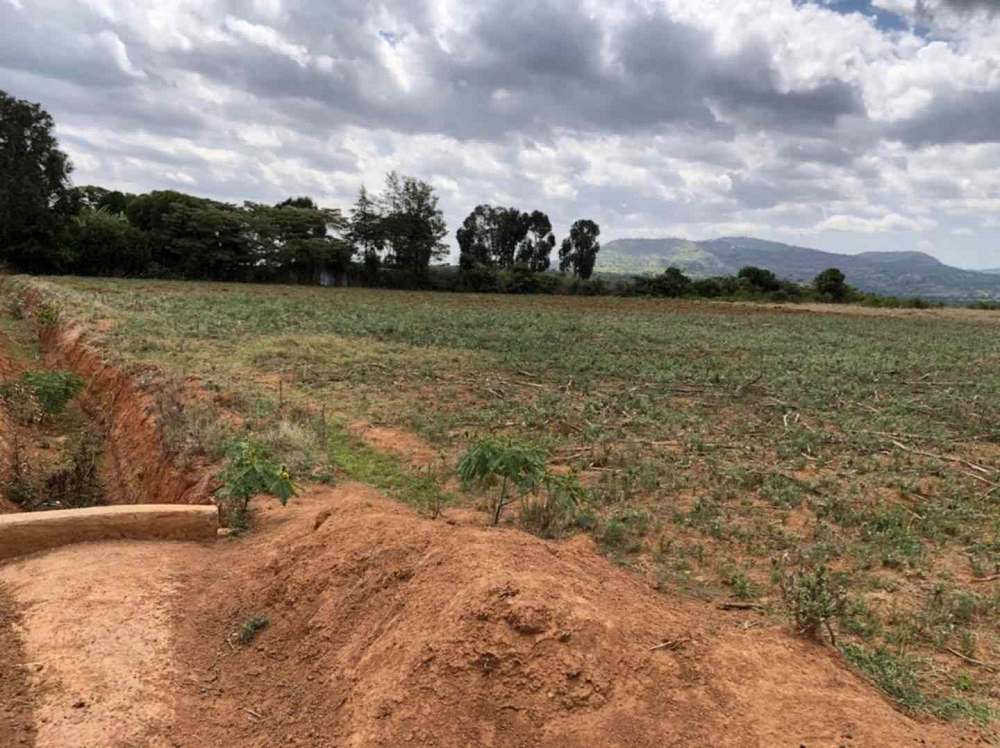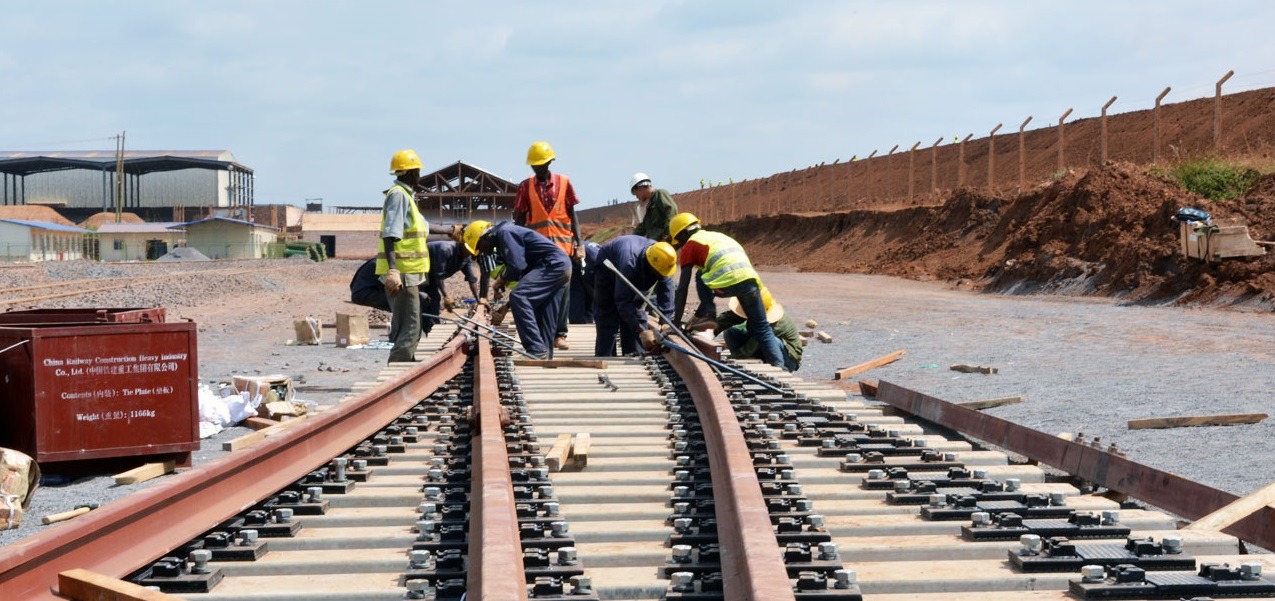Land Rights in Kenya: In 2010, Kenya celebrated the passing of a new Constitution. One of the big wins for Kenyans was the clear provisions on land. The right to ownership and use of this highly coveted asset was no longer left to the whims and caprices of Parliament – it was and is guaranteed in the Constitution. The Constitution sought to buttress this right by drawing a clear distinction between private land, public land and communal land and a distinction between individual rights vis a vis the collective rights of the people of Kenya.
Private Ownership Of Land
The Constitution defines private land as land registered and held by any person under any freehold and leasehold tenure, and any other land declared as private land under an Act of Parliament.
In 2012, another big win for Kenyans was the passing of the Land Act, the Land Registration Act and the National Land Commission Act which codifies and consolidates all laws relating to land in Kenya. The passing of the said Acts buttressed the right to private ownership of the land.
The Constitution provides that all land belongs to the people of Kenya. The right to the use and enjoyment of land has certain caveats that are superior to the individual. This article discusses the ways in which this right can be lost. The ownership of land in Kenya is not absolute and this right can be lost in the following ways:
-
Non-renewal of leasehold interest
Land holding tenure in Kenya is either free hold or leasehold. A Kenyan citizen or a company that is fully owned by Kenyans can hold land on freehold or leasehold tenure. A non-citizen or a company that is not fully owned by a Kenyan, however, can only hold land on a leasehold tenure for a term of no more than 99 years.
Where land is held on leasehold tenure, on expiry of the term, the land reverts to the head lessor. Where the head lessor is the government, the right of renewal of the interest is not automatic or guaranteed. If the lessee at the time of renewal is a non-Kenyan any right of the lessee to the said land extinguishes on expiry of the term.
Where the lessee to the land, at the time expiry of the term, is a Kenyan, such individual enjoys a pre-emptive right to the re-allocation of the land. Five years prior to the expiry of the term, the National Land Commission is obligated to notify the lessee the date of expiry of the term and their right to reallocation, on application.
The right to reallocation is available to such lessee only if it is not required by the national or county government for public purposes. Where the land is required for county government for public purposes, the lease in not renewed and the interest to the individual extinguishes.
-
Compulsory Acquisition
A land owner can lose the right to their land through compulsory acquisition. Under Article 40 of the Constitution, the state is not allowed to deprive any person land or an interest in land unless that deprivation is for a public purpose or for public interest. These public purposes include infrastructural developments and construction of public utilities such as roads, bridges and hospitals.
In undertaking compulsory acquisition, an owner of land ought to be promptly compensated in full. Provision for compensation may also be to occupants in good faith of land acquired who may not hold title to the land.

Once an acquisition has been undertaken, a land owner is required to surrender the documents of title to the Registrar for cancellation. The cancellation extinguishes the interests that one may have otherwise had in relation to the land. If not all but part of a land is being acquired then, the land is subdivided and resultant titles issued.
Investors in projects that greatly benefit the community can apply to the government to acquire land for the proposed developments if they are able to put forth their case that those projects are for a public purpose and for the public good.
-
Illegal and Irregular Acquisition of Land
The Commission is required to undertake a review of grants and dispositions relating to public land to determine their propriety or legality. The role of the Commission is limited to determining the propriety or legality of grants and dispositions and issuing a directive to the Registrar to revoke those that have been acquired unlawfully or irregularly.
Once a determination on revocation is made and the Registrar does indeed revoke the disposition, an interest in the affected land ceases to exist. Revocation of title has far reaching consequences on investments with the land owner standing to lose all the large scale investments made thereto. Revocation of such a title can have far reaching effect as any investment thereon such as buildings are lost and if the land had been used as security, the financier loses such security.
There is no sure way to know if a parcel of land was illegally or irregularly acquired and practitioners often need to look into the history of the land to determine origin and the Ndung’u Report to assess if the land was irregularly or illegally acquired at any point in the history of the parcel.
-
Historical Land Injustices
Another way of losing title to land is by revocation of title after an investigation on historical land injustices. The Commission is empowered, either on its own volition or on application by a claimant to investigate a historical injustice.
A distinction is drawn between a historical injustice and an Illegally or irregularly acquisition land with a historical injustice being a claim which is not verifiable in court, is a claim that contradicts the law that was in force at the time when the injustice occurred and it is a claim that has been debarred under the Limitations of actions Act.
See Also >> Legal Procedure For Buying Land In Kenya
Recently, the regulations providing for the investigations into historical land injustices in Kenya were enacted.
Once an investigation is done, and there is found to have been a historical injustice, the Commission makes recommendations on how to remedy the injustice. Some of the recommendations of remedies that the commission may make include among others as revocation of title, restitution, creation of wayleaves and easements sale of land and sharing of proceeds, resettlement on alternative land, compensation and refund to bona fide third party purchaser.
Should the authority mandated with enforcing the remedies carry through with remedies such as revocation of title, restitution creation of wayleaves and easements or sale of and sharing of proceeds, either way the land owner loses their right to the said parcel of land.
-
Adverse Possession
A land owner may also lose the right to land through adverse possession. Adverse possession in Kenya is premised on the principles of limitation of actions and equitable doctrine of latches. The Limitation of Actions Act bars a person from bringing action for recovery of land after a period of 12 years from the day the right to action is accrued. At the lapse of twelve years, the registered proprietor is barred from instituting an action and has no legal means of exerting his title over the property as against an adverse possessor.
Consequently, the adverse possessor’s possession and claim over the land becomes immutable.
Read >> Real Estate Remains The Best Paying Investment In Kenya
To succeed in a claim for adverse possession the adverse possessor needs factual possession with physical control, peaceful uninterrupted and open enjoyment of the land for the specified period and that the adverse possessor dealt in the land as an occupying owner might have been expected to and at the exclusion of all others.
Absent landowners must be vigilant to ensure that their lands remains unoccupied or are occupied with their consent failing which they stand to lose their claim to the said land.
Conclusion
The right to land ownership is not absolute and the state reserves the right, subject to the provisions of the law, to recall on such right. As noted the right to compensation does not always exist and it is therefore critical that in acquisition or other dealing with land, a thorough investigation is undertaken to uncover matters that would otherwise cause the loss of land.
This article was prepared by MMAN Advocates.
Next >> Millions Of Kenyans Face Auctioneers Over M-Pesa Loans











![au residents in a pensive mood as they ponder about their future ahead of a past eviction exercise. The government has announced plans to undertake a fresh eviction in a bid to conserve the water tower. [Photo/Standard]](https://businesstoday.co.ke/wp-content/uploads/2019/09/Mau-evictions.jpg)

Very helpful and can uplift many people.
Nice read, but can a registrar revoke a registered certificate of title/lease without a court order?
Thanks